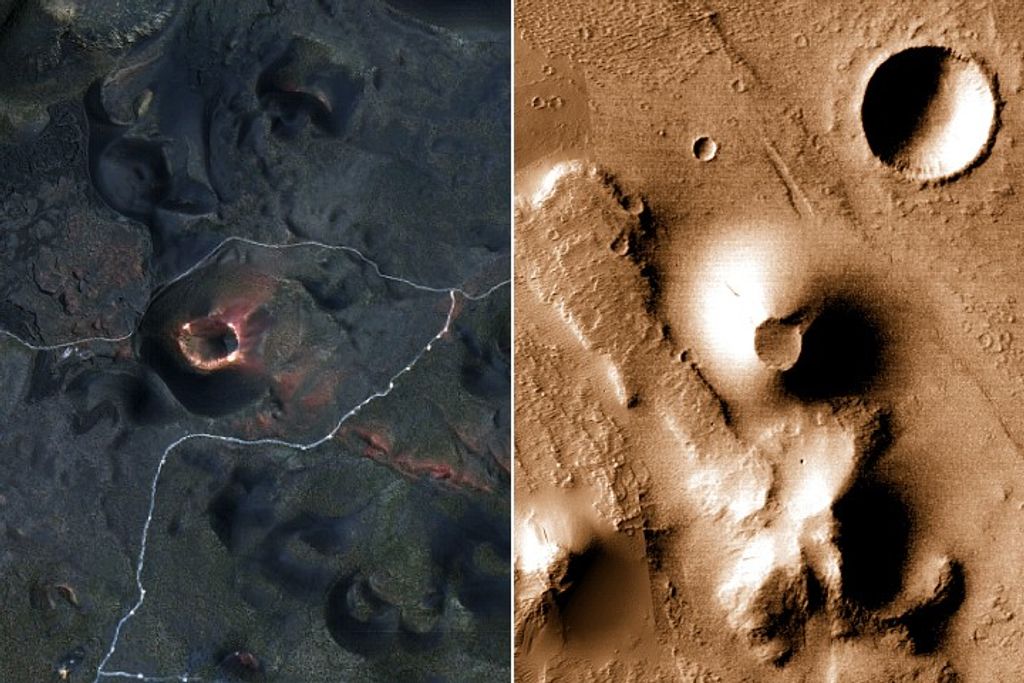
Dr. Tsengdar Lee
Program Manager
Dr. Tsengdar Lee is the Program Manager for the R&A Weather Focus Area, the High-End Computing Program, and for NASA’s Data for Operation and Assessment. For the Weather Focus Area, he is responsible for the advanced planning for the weather research and development priorities. He is also the manager of the NASA Weather Data Analysis Program, focusing on the transition of research results into the operational forecast centers and the acceleration of operational use of research data. Two major activities include the multi-agency Joint Center for Satellite Data Assimilation and the Short-term Prediction Research and Transition Center. For the High-End Computing Program, he is responsible for maintaining the high-end computing capability to support the agency’s aeronautics research, human exploration, scientific discovery, and space operations missions.
Lee joined NASA in 2001 as the High-End Computing Program Manager for the Earth Science Enterprise. He was responsible for the Earth science computational modeling needs, primarily focusing on weather and climate modeling. Between 2002 and 2006, Lee also managed the Earth Science Global Modeling Program. He funded research efforts to study the global climate change, weather forecasting, and hurricane prediction problems.
Prior to 2001, Lee held positions as Senior Technical Advisor with Northrop Grumman Information Technology and Senior Staff Engineer with Litton PRC. He worked on the Advanced Weather Information Processing System (AWIPS) project for the National Weather Service. He was responsible for the rapid development, integration, and commercialization of the AWIPS client-server system. Lee also was a principal engineer on the effort to develop the AWIPS network monitoring and control system.
Tsengdar Lee received a Ph.D. in Atmospheric Science from Colorado State University in 1992. He credits his training as a short-term weather modeler and later contributions to large information technology (IT) projects, including the National Weather Service’s Advanced Weather Information Processing System, as guiding his present-day decisions.
























